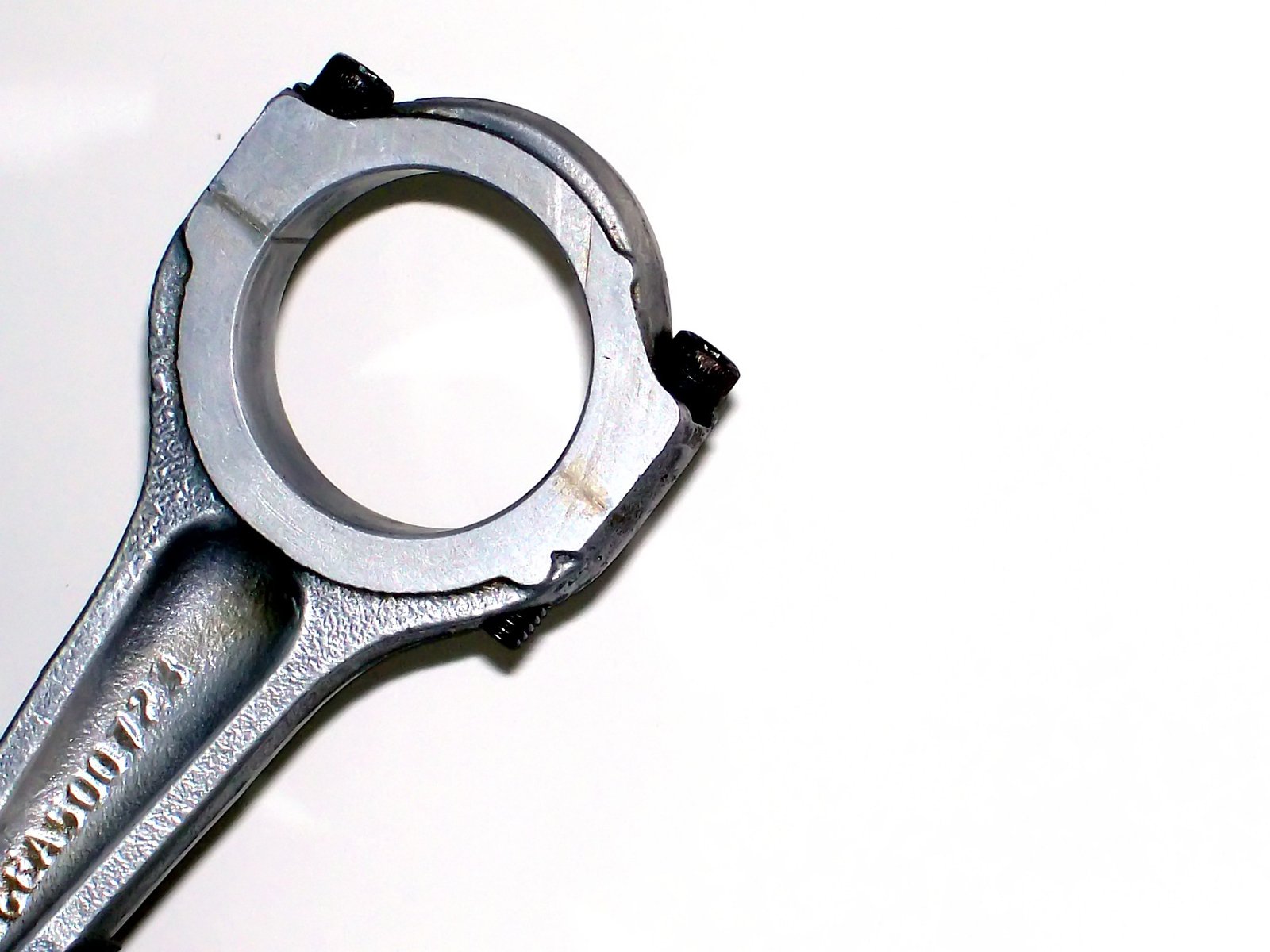
Summary: Pieces and articles that talk about patents frame the subject as "ownership" and "inventions" rather than monopolies and protectionism in exchange for a fee
TODAY'S ARTICLES will focus on the USPTO. Before we get to that, however, we wish to remark on a few misleading new pages and articles.
Among lots of things that call patents "Intellectual Property" (new example
here) we found this
new article about "patent mining" in Brasil. We're supposed to think that research can be carried out by parsing patent texts.
Nature Biotechnology published this:
Described in an article published in Nature Biotechnology, the method resulted from the postdoctoral research of biologist Cristiano Gonçalves Pereira at the University of São Paulo's Ribeirão Preto School of Economics, Administration and Accounting (FEARP-USP), supported by a scholarship from the São Paulo Research Foundation - FAPESP.
Pereira was supervised by Geciane Silveira Porto, a professor at FEARP-USP and coordinator of the Center for Research on Innovation, Technology Management and Competitiveness (InGTeC). The study featured collaborations from Virgínia Picanço-Castro and Dimas Tadeu Covas), respectively researcher and coordinator at the Center for Cell-Based Therapy (CTC), a Research, Innovation and Dissemination Center (RIDC) funded by FAPESP.
This does not actually suggest what the title says. Quite a few firms data-mine patent data in order to assess/calculate things like median pendency, names of assignees, keywords etc. But to actually study from patents using a computer? No, not really...
The Straits Times, which is connected to the government of Singapore, has just published this piece
about the famous National University Hospital (NUH). It's about assignees, not "owners" (as the headlines put it; Monopolies are not "owned") and the Court of Appeal has decided to split the assignment of the said patent:
A court fight between the National University Hospital (NUH) and a software engineering company, over who gets to patent a system to manage the collection of patient samples, has ended in a draw.
Both NUH and Cicada Cube had worked together to develop the system, which allows samples to be collected from hospital patients in an automated manner for laboratory testing.
But a dispute over the patent went all the way to the Court of Appeal, where each side argued that it should be the sole owner of the patent because only their respective employees were responsible for the heart of the invention.
Meanwhile, over at
the Israeli media (
The Jerusalem Post), they still obsess over the number of patents even though patents are a poor measure of anything other than litigation (or intention to sue). To quote: "Israel has been one of the leading countries in the past eighteen years in terms of number of international patents filed via the Patent Cooperation Treaty (PCT) in relation to population size. The peak came in 2000, when Israel was ranked third in the world for patents filed per capita according to the country of the inventor, after Finland and Sweden. Today, Israel is fifth, after Japan, Sweden, Switzerland and South Korea. Finland has dropped to sixth. The data are from a new report by the National Council for Research and Development in the Ministry of Science and Technology."
As we said many times before, usually in relation to Switzerland, patents are expensive to pursue, so it's no wonder countries with more wealth per capita can get more patents. It is, overall, a poor measure of anything other than protectionism.
⬆

